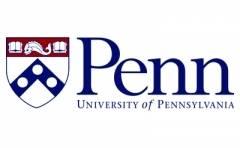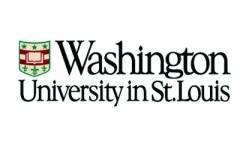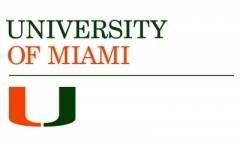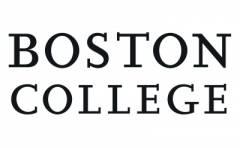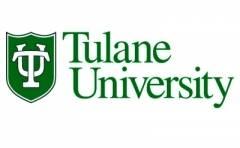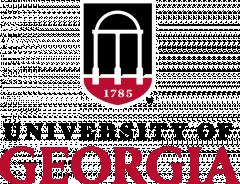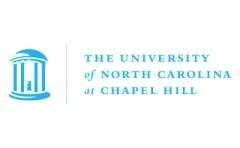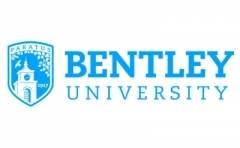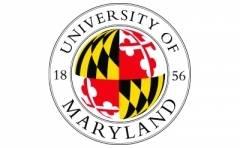Best Accounting colleges in the U.S. 2026
Accounting is a program that combines business education with finance and auditing. It's a systematic process that requires excellent organizational and mathematical skills, but written and oral communication skills are also extremely important since you must be able to explain in-depth financial planning to the consumer. The instruction includes accounting principles and theory, planning and consulting, and business information systems. But there are also lessons in accounting research methods, tax accounting and budget control. The course load's mixture of business and finance prepares the students for a professional accountant status in business or government or in business fields such as management consulting and financial management.Not only do accountants summarize and record business and financial transactions, but they also must understand the legal aspects of accounting for public, for-profit and nonprofit organizations. The four basic types of accounting professionals are management, government, internal and public accountants. Accounting students learn money management and the ins and outs of business, and the sneak peek they get into its inner workings provides valuable knowledge and greater understanding they'll later apply in the work field. Job titles include, but are not limited to, accountant, financial analyst, tax adviser and financial planner.
Click Here to See the Best Colleges in the USBest Accounting colleges in the U.S. for 2026

The University of Pennsylvania (Penn) is an Ivy League school based in Philadelphia. Established in 1740, this elite institution offers multiple accounting degrees at the undergraduate and graduate levels. Penn is home to more than 22,000 students.

Founded in 1853, Washington University in St. Louis (WashU), plays home to more than 15,000 students. This elite private research institution offers various undergraduate and graduate accounting programs. Additionally, WashU supplies an online Master's in Accounting where students complete both synchronous and asynchronous classes.
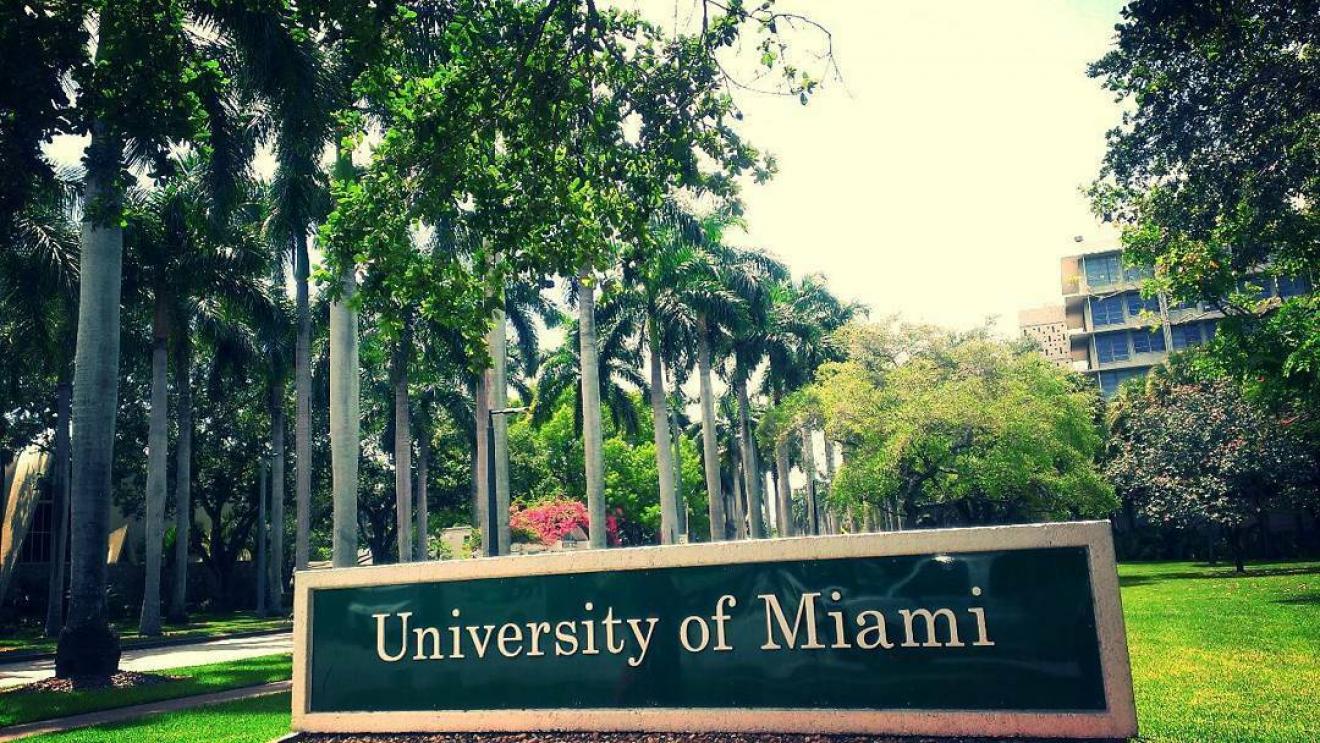
The University of Miami is home to more than 17,000 students and was established nearly 100 years ago. UMiami students have access to multiple accounting programs at both undergraduate and graduate levels. This Florida schools offers a specialized accounting master's that full-time students can complete in less than one year.
Boston College (BC) is a private Jesuit institution with an enrollment of nearly 15,000 students. Established in 1863, BC offers bachelor's, master's, and PhD programs in accounting. Undergraduate students can choose from academic concentrations in general accounting, accounting for finance, and accounting information systems.
Regarded as the top New Orleans university, Tulane University was founded in 1834 and has an annual enrollment of about 14,000 students. Tulane's Freeman School of Business offers an undergraduate BSM degree where students can minor in accounting. In addition to a standard Master's in Accounting, business students can complete a joint BSM/accounting master's in just five years.
The University of Georgia's (UGA) main campus is based in Athens and was established in 1785. This large public institution has more than 40,000 students. UGA's Terry College of Business offers bachelor's, master's, and PhD programs in accounting. Additionally, undergraduate accounting students can complete their degree and a master's degree in five years.

The University of North Carolina at Chapel Hill is the flagship institution of the state's university system. Founded more than 230 years ago, this sizeable public research institution has more than 30,000 students. UNC offers both an online and on-campus Master's in Accounting that full-time students can complete in as few as 12 months.
Emory University is an Atlanta-based private research institution with nearly 16,000 students. Established in 1836, Emory is affiliated with the United Methodist Church and offers an accounting PhD program that students can complete in five years. Students focus on topics like econometrics, microeconomics, and statistics.
University of Maryland-College Park offers 2 Accounting degree programs. It's a very large, public, four-year university in a large suburb. In 2023, 248 Accounting students graduated with students earning 181 Bachelor's degrees, and 67 Master's degrees.
Find local colleges with Accounting majors in the U.S.
What is Accounting?
According to the Bureau of Labor Statistics, accounting jobs are projected to grow by 7% over the next decade while offering relatively generous compensation for accounting degree graduates. Additionally, accounting skills play a significant role in virtually any professional setting in both public and private sectors. As a result, completing an accounting degree is a great way to enhance your career option.
Whether online or on-campus, accounting degrees span from community college-based associate programs to doctoral-level study. Students pursuing the various levels of accounting traditionally have strong math skills along with interest in subjects like business and finance.
Students beginning their academic journey towards a career in accounting traditionally complete classes like introduction to business, accounting principles, and introduction to business law. Additionally, students pursuing a bachelor's degree complete advanced accounting coursework while completing some of the requirements needed to earn a public accountant (CPA) certification.
At the graduate level, students have access to certificate programs, allowing them to further hone their skills while enhancing their resumes. Common certificate programs cover topics like strategic management, fraud examination, and nonprofit accounting. Students tackling master's and doctoral accounting degrees often pursue academic concentrations in areas like government accounting, financial advising, and financial analysis.
In the following section, we take a closer look at common accounting degrees, including associate, bachelor's, master's, and doctoral degrees. Keep reading to learn what it takes to complete each degree.
Associate Degree in Accounting
High school graduates may find an Associate Degree in Accounting a viable and affordable option before transferring to a four-year institution. Usually taking two years to complete for full-time learners, students traditionally complete about 60 credits of both general education and accounting classes.
Core accounting classes often include topics such as accounting computer applications, finance basics, and accounting principles.
In addition to transferring to a four-year college or university, an Associate Degree in Accounting can prepare students for various entry-level positions. Prospective associate degree students must hold a high school diploma or GED.
Bachelor's Degree in Accounting
Students pursuing a Bachelor's in Accounting degree can anticipate a curriculum that offers them the skills needed to jumpstart their careers. A Bachelor's in Accounting typically requires students to complete about 120 credits over about four years. Standard requirements include classes such as auditing, accounting ethics, taxation, and management accounting.
Admission requirements can vary between schools, but prospective bachelor's students typically submit an online application along with high school transcripts, letters of recommendation, and a personal essay.
Master's Degree in Accounting
A Master's in Accounting degree provides students with advanced training that allows them to expand career options and earning potential. Standard master's coursework includes topics like accounting data analytics, international tax, and forensic accounting.
Master's programs typically require that students complete between 35 and 45 credits of coursework. This degree also meets the requirements for CPA certification.
Master's applicants must hold a bachelor's degree from an accredited institution. Students with an unrelated undergraduate degree may have to complete various prerequisites before beginning master's coursework.
Doctoral Degree in Accounting
A doctoral accounting degree offers a research-centric program that students usually complete in 4-7 years. Throughout their program, doctoral students conduct advanced research in the specialized area. In addition to enhancing their resume, many graduates go on to careers in academia.
Students often focus their energy on topics like econometrics, accounting information in markets, and advanced accounting research methods. Prospective doctoral students typically have a strong background in accounting or business.
Certification and Licensure in Accounting
After completing their undergraduate degree in accounting, many accounting degree graduates go on to fulfill the requirements necessary to secure their CPA designation. While state-specific requirements may vary, most require a bachelor's degree and at least two years of professional accounting experience. Because standard CPA requirements involve 150 semester hours of relevant coursework, many accountants go on to complete a master's degree.
What Can I Do with a Degree in Accounting?
Students graduating with a bachelor's in accounting degree can expect to enter a growing field that boasts a median annual salary of nearly $74,000. Alongside careers for accountants and auditors, accounting graduates can leverage their skills into business careers such as budget analysts, financial managers, and personal financial advisors.
Earning an Online Accounting Degree
Online accounting degrees are available at nearly every academic level. These programs offer flexible coursework where students can often complete assignments at their own pace. Additionally, some graduate-level accounting degrees provide accelerated academic tracks that allow working professionals the ability to graduate more quickly.
Accounting FAQ
Accounting
Expert Testimonials
Carol Holmes is the manager of accounting services at Dugan & Lopatka in Wheaton, Illinois, and she has been an accountant for 27 years.
Accountant Career Path
Although she was originally studying to be an actuary, by her senior year in college, Carol realized that she was meant for accounting. “I happened to be working at an insurance company, and I worked with some auditors," she explains. “I took the only accounting class at my liberal arts school, and I really enjoyed it. I knew that I had to pursue accounting it in graduate school."
Accountant Experiences
Carol received her Bachelor of Science in mathematics from Trinity College in Hartford, Connecticut, and her Master of Science in accounting from Stern Business School at New York University. With her accounting degree, she also earned her Certified Public Accountant (CPA) title. The majority of Carol's career has been spent as an auditor in public accounting. “I started in public accounting," she says. “Accountants are pretty evenly divided between public and private accounting. Public accounting consists of doing tax work, auditing, and other accounting services for people and companies, while private accountants work for one company."
Accountant Degree Programs
“A Bachelor's degree in accounting will get you a job in a private accounting firm," Carol explains. “In Illinois, you also need 150 credit hours, which usually means a Master's degree, to become a CPA, and most states are also heading in that direction."Accountant Job Description
Carol is the manager of accounting services at Dugan & Lopatka in Wheaton, Illinois. “I am responsible for clients' financial and tax issues," she says. “We serve only privately held companies, such as smaller companies that cannot afford to have an accountant on their staff. I am involved in tax planning and preparing tax returns."Accountant Daily Routine
As a public accountant, Carol typically travels to different clients' places of business to analyze their financial and tax issues. “I look at their accounting software, talk with their staff and ask if they have any issues or questions," she explains. “I look at their financials and analyze the statements to see if they fit what they are telling me. I'll talk to the owner and get their perspective on what is going on. I fix anything I can. It involves a lot of thinking on my feet."After meeting with the clients, Carol spends the rest of the day finishing up financial statements, writing notes about clients, and meeting with her co-accountants to discuss the clients. “There is such a variety of work," she adds.
Accountant: Steps to Success
“You need a love of numbers," says Carol, “and you need to be highly organized. If you work in public accounting, you need to be good with people because you will be dealing with them all day long; you won't be just sitting at a desk crunching numbers. You have to speak with clients in a number of areas." “You also have to be sensitive with people," she continues. “Auditing means asking people hard questions about their financials. People that don't like that aspect of the job can still find work in private accounting departments."Since accountants deal with a variety of businesses, accountants also need to be curious. “As an auditor, a lot of success that you have comes from asking a lot of questions about the business and how it all comes together in the accounting records," Carol explains. Accountant Job Opportunities According to Carol, accounting is a decent field to get into. “Even in this economy, there are many opportunities out there for accountants," she says. “In fact, Enron made a lot more jobs for accountants because the government passed a number of new regulations that require a lot more accountants." Accountants can also find more work by earning their CPA. “With a CPA, you can open more doors, and it's more lucrative," Carol adds.
Accounting Career Favorite Aspect
“I love working with numbers," says Carol. “The combination of working with numbers and people is unusual, and that's my favorite part about this job."Accountant's Future Ambitions
Carol enjoys where she is now, but she hopes to continue to build on her knowledge and experience. “I would like to get more involved in the tax situation of my clients," she explains. “I'm trying to gain more tax-related experience."Advice for Prospective Accountants
“All accountants should try public accounting for a couple years," Carol advises. “That's the only way you'll get a CPA, which provides more opportunities. You also get to work with all different types of businesses, and it opens your eyes to a lot of different careers. There are a lot of businesses that I've been to that I've never thought of before, and I've met a lot of great people."List of all Accounting colleges in the U.S.
| School | Average Tuition | Student Teacher Ratio | Enrolled Students | |
|---|---|---|---|---|

|
University of Pennsylvania Philadelphia, PA | 20 : 1 | 28,711 | |

|
Washington University in St Louis Saint Louis, MO | 15 : 1 | 16,500 | |

|
University of Miami Coral Gables, FL | 18 : 1 | 19,593 | |

|
Boston College Chestnut Hill, MA | 17 : 1 | 15,280 | |

|
University of Southern California Los Angeles, CA | 22 : 1 | 47,147 | |

